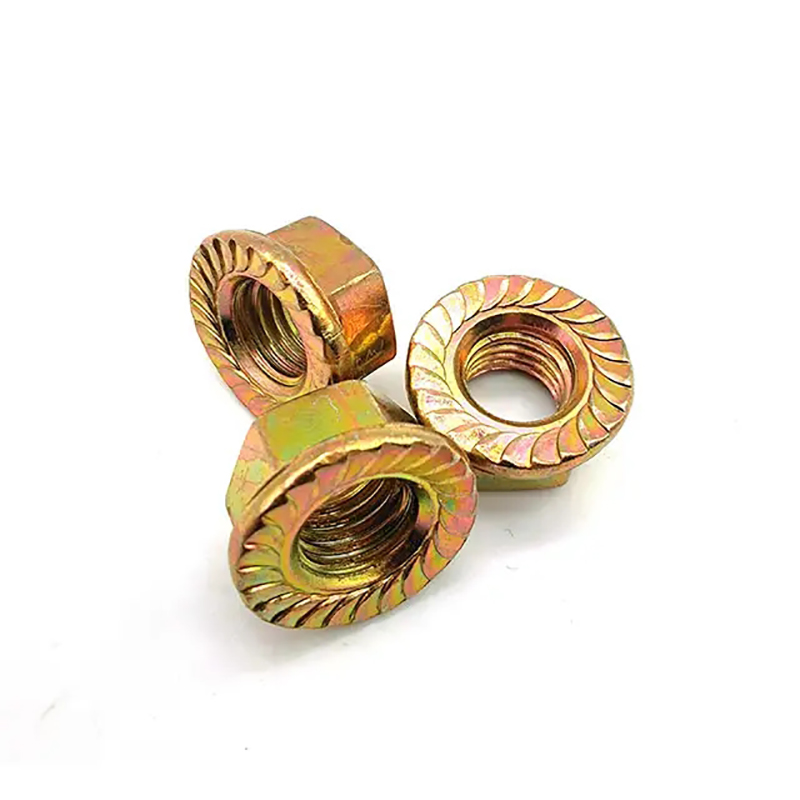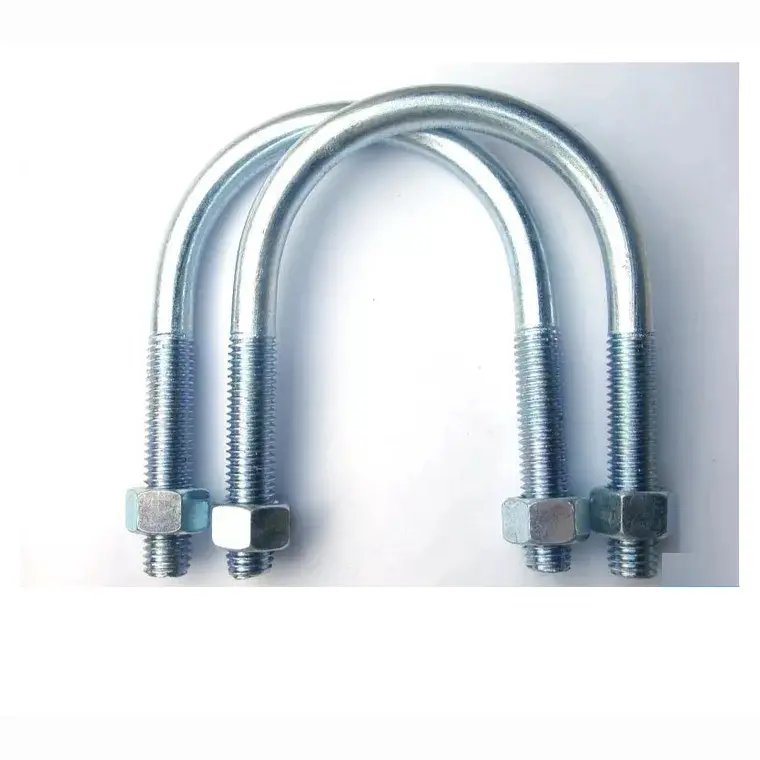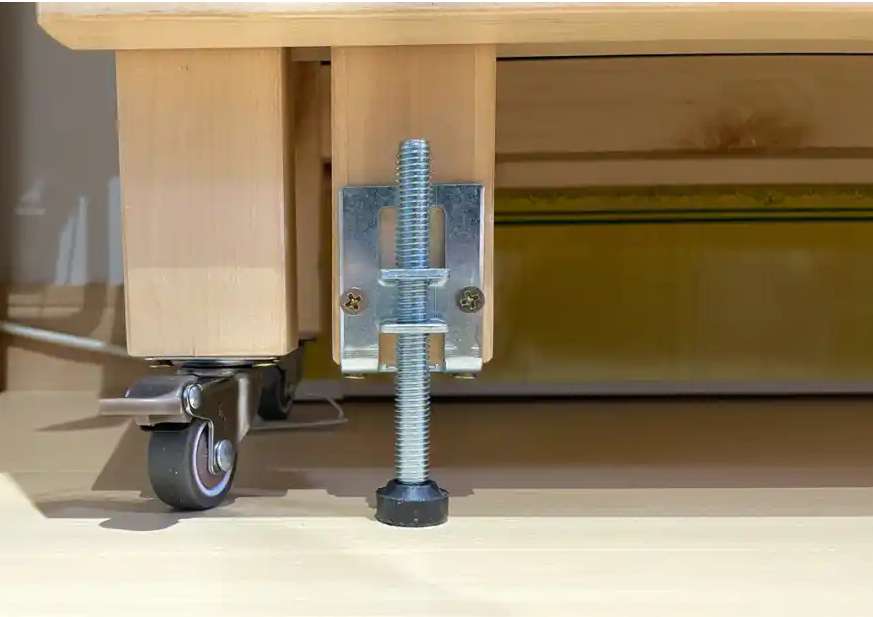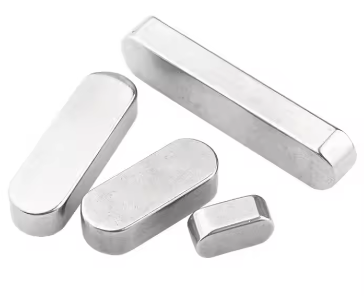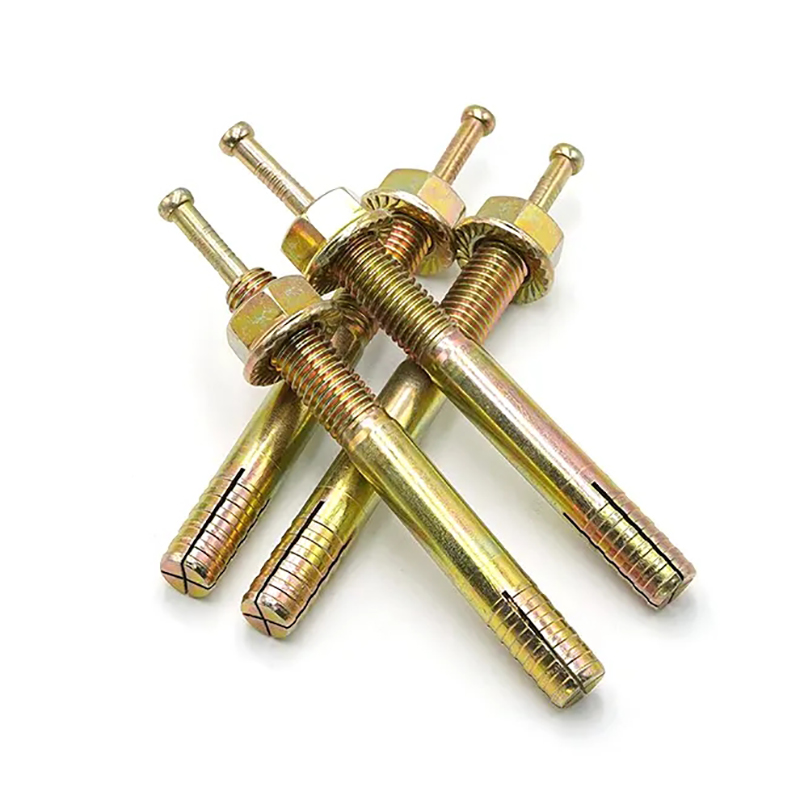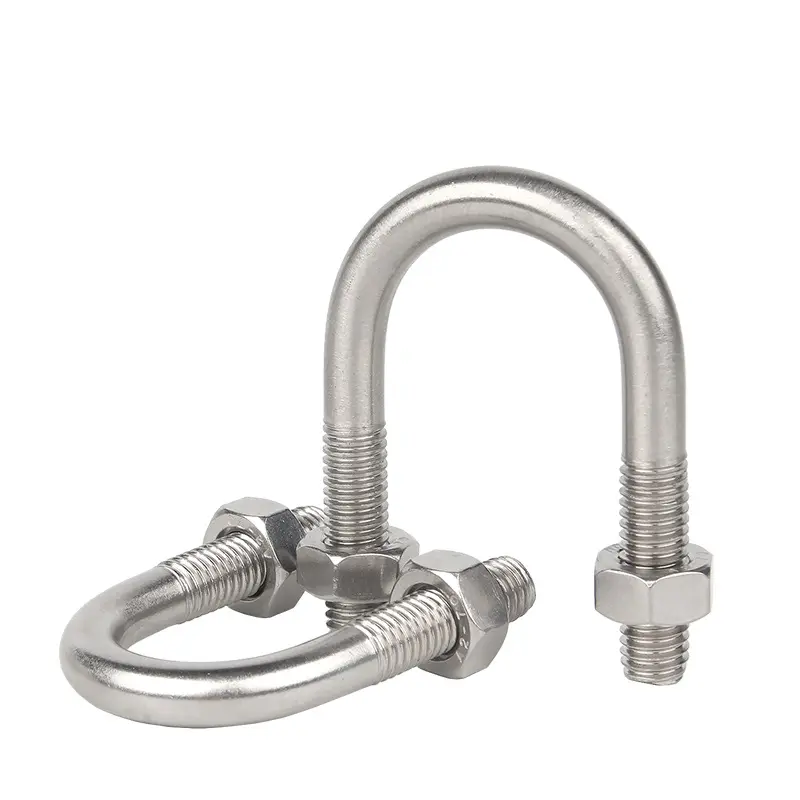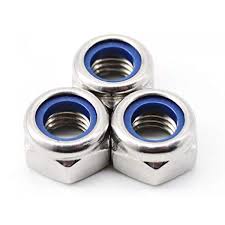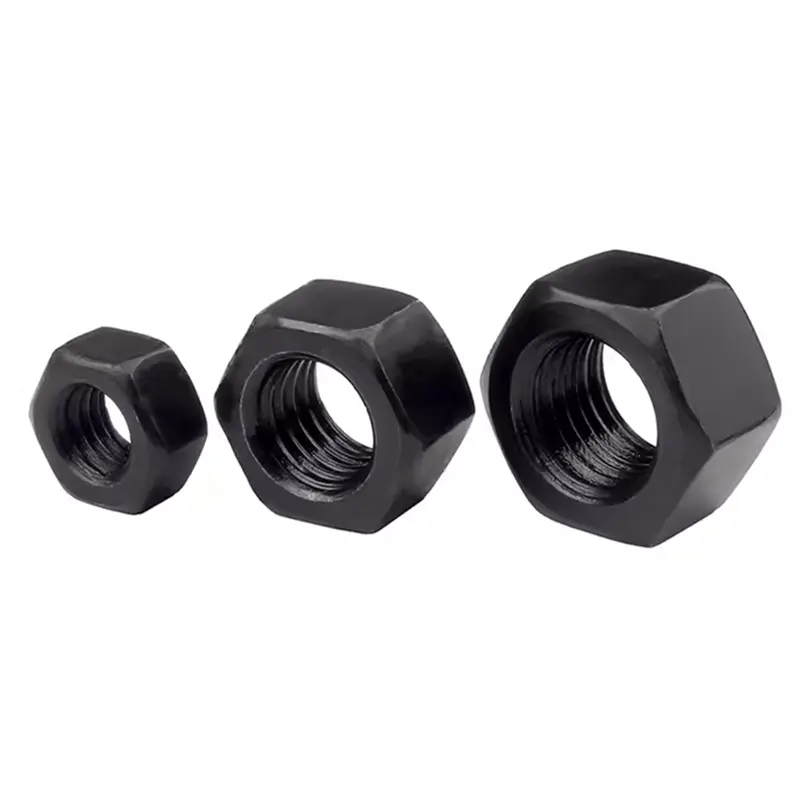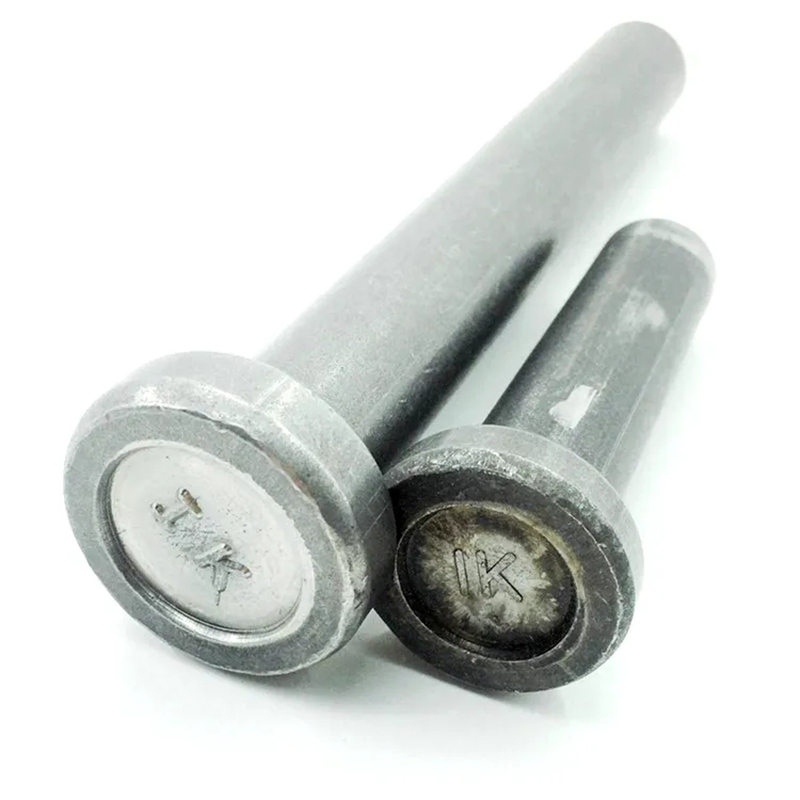

This guide provides a detailed overview of DIN 979 hexagon head bolts, covering their specifications, applications, material properties, and quality considerations. We'll explore the crucial aspects to consider when selecting and using these versatile fasteners, ensuring you choose the right bolt for your specific project. Learn about different grades, sizes, and surface treatments, and discover where to find reliable suppliers like Hebei Dewell Metal Products Co., LTD.
DIN 979 bolts are typically manufactured from various steel grades, each offering different tensile strength and resistance to corrosion. Common materials include carbon steel, alloy steel, and stainless steel. The grade of the steel dictates its strength and suitability for specific applications. For example, a higher grade like 8.8 will have greater tensile strength than a 4.6 grade. This information is usually marked on the bolt head.
The DIN 979 standard specifies a range of bolt diameters, lengths, and thread pitches. The specific dimensions are crucial for ensuring a proper fit and secure fastening. Accurate selection is vital to prevent issues like stripping or insufficient clamping force. Refer to official DIN 979 documentation for detailed dimensional specifications.
DIN 979 bolts typically feature metric coarse threads, though other thread types may exist. The thread pitch refers to the distance between each thread. Correct thread engagement is essential for a strong and reliable joint. Mismatched threads can lead to damage and failure.
DIN 979 hexagon head bolts are widely used across various industries due to their versatility and strength. Their applications range from general mechanical engineering to construction and automotive industries. The specific choice of material grade will influence its suitability for a particular application.
When selecting a DIN 979 bolt, consider the following factors: the required tensile strength, the material being fastened, the anticipated load, the environmental conditions (corrosion resistance), and the desired head style. Careful consideration of these factors will ensure the longevity and reliability of your application.
To ensure the quality and integrity of DIN 979 bolts, manufacturers undergo rigorous testing procedures. These tests verify the bolt's tensile strength, yield strength, and other crucial properties. Look for reputable suppliers with verifiable quality control measures.
| Grade | Tensile Strength (MPa) | Yield Strength (MPa) | Typical Applications |
|---|---|---|---|
| 4.6 | 400 | 240 | General purpose |
| 8.8 | 830 | 640 | High-strength applications |
| 10.9 | 1040 | 900 | Heavy-duty applications |
Note: Tensile and yield strength values are approximate and may vary slightly depending on the manufacturer and specific material composition. Always refer to the manufacturer's specifications for precise data.
For more detailed information on DIN 979 specifications and sourcing, contact Hebei Dewell Metal Products Co., LTD for their expertise and high-quality products.

